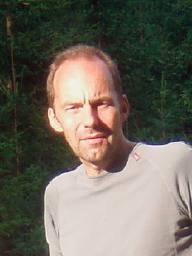CogDev 2013 is a joint conference of the British Psychological Society’s Developmental and Cognitive Sections, to be held in Reading 4-6th Sept and organised by Dr Graham Schafer of the CCR and the Department of Psychology. There has been a lot of interest from within the University, across the country, and internationally. We received almost 500 submissions, which is more than twice the usual total for an individual Section, and over 50% up on the combined total for the two Sections last year. Abstracts have been sent from countries as diverse as Canada, Czech Republic, France, Germany, Greece, Hong Kong, Republic of Ireland, Israel, Italy, Japan, Malaysia, Netherlands, Poland, Portugal, Singapore, Slovenia , Spain, Sweden, Switzerland, and the USA .
A great line-up of speakers includes Sue Gathercole, Mark Seidenberg, Mike Tomasello, and Faraneh Vargha-Khadem, as well as a good number of Reading’s own stars. Students are welcome to volunteer in return for access to sessions. The local committee is currently reviewing the submissions- more details to come- but symposia have already been accepted on topics as diverse as: The development of creativity, innovation & exploration, The development of the Mirror Neuron System in human and macaque infants, Literacy, Memory, Mental toughness, Neurocognitive approaches to developmental disorders, Picture-mediated learning, Theory of Mind, and Young people’s reasoning about biology & physics (to name but a few)
The conference website is at http://www.reading.ac.uk/pcls/cogdev2013.aspx or follow us on Twitter @CogDev2013.





